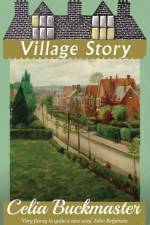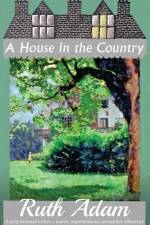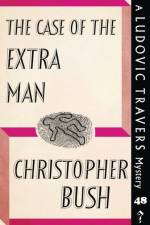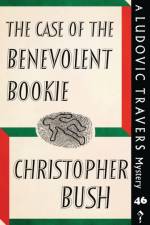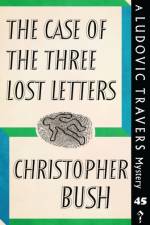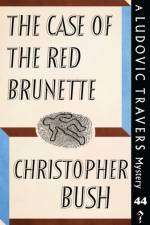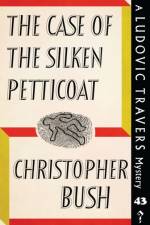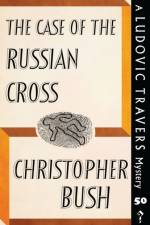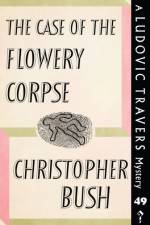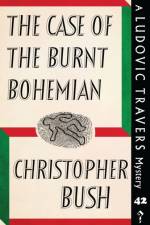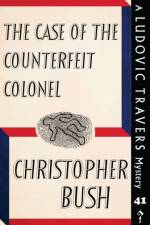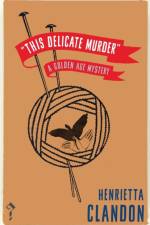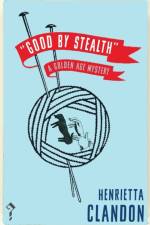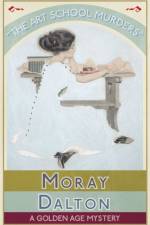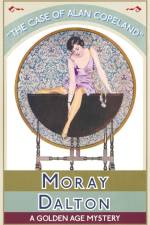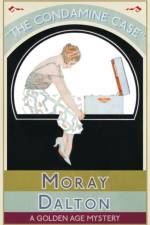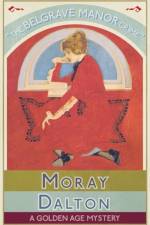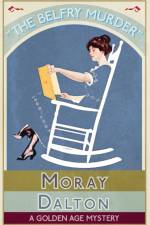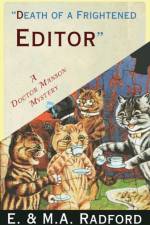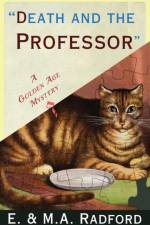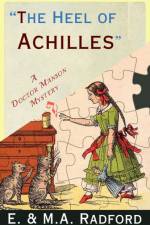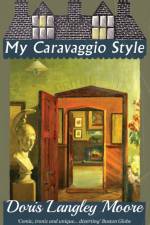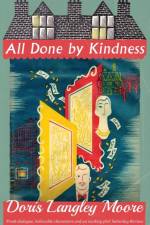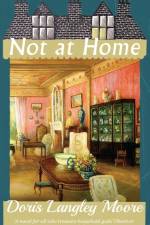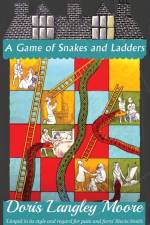av Doris Langley Moore
201
Fanny Burney would not approve of some of my chapters, but it was my affection for the novels of her school, in which the heroine goes through all kinds of distresses but emerges in a sweeping triumph at the end, that made me long to try my hand at the same themetreating it, however, in our down-to-earth twentieth-century way.This brilliant homage to the 19th century novel begins with two young womenLucy, sturdy and unflappable, and Daisy, charming but self-interestedperforming with a theatre company in Egypt after World War I. The show closes, and Daisy stays on with a well-to-do businessman while Lucy eagerly plans her return to England. But then she falls seriously ill, then in debt to Daisy's lover. She finds that Daisy, anxious not to alienate her meal ticket, has rashly promised that Lucy will remain in Egypt and work for him until he's repaid.Thus in Egypt they remain, over the course of nearly 20 years, while Moore's intricate, lovely plot unfolds. Frivolous Daisy, the cause of Lucy's woes, ascends the ladder of wealth while Lucy, downtrodden but diligent, slaves and toils. Misunderstandings, deceptions, and self-deceptions abound, and finally the stage is set for Lucy's ';sweeping triumph', as giddy and satisfying a climax as any a 19th century master could have conceived. A Game of Snakes and Ladders may remind readers of Fanny Burney or George Eliot, or even Jane Austen, but it's always, definitively and incomparably, Doris Langley Moore. This new edition includes an introduction by Sir Roy Strong.

